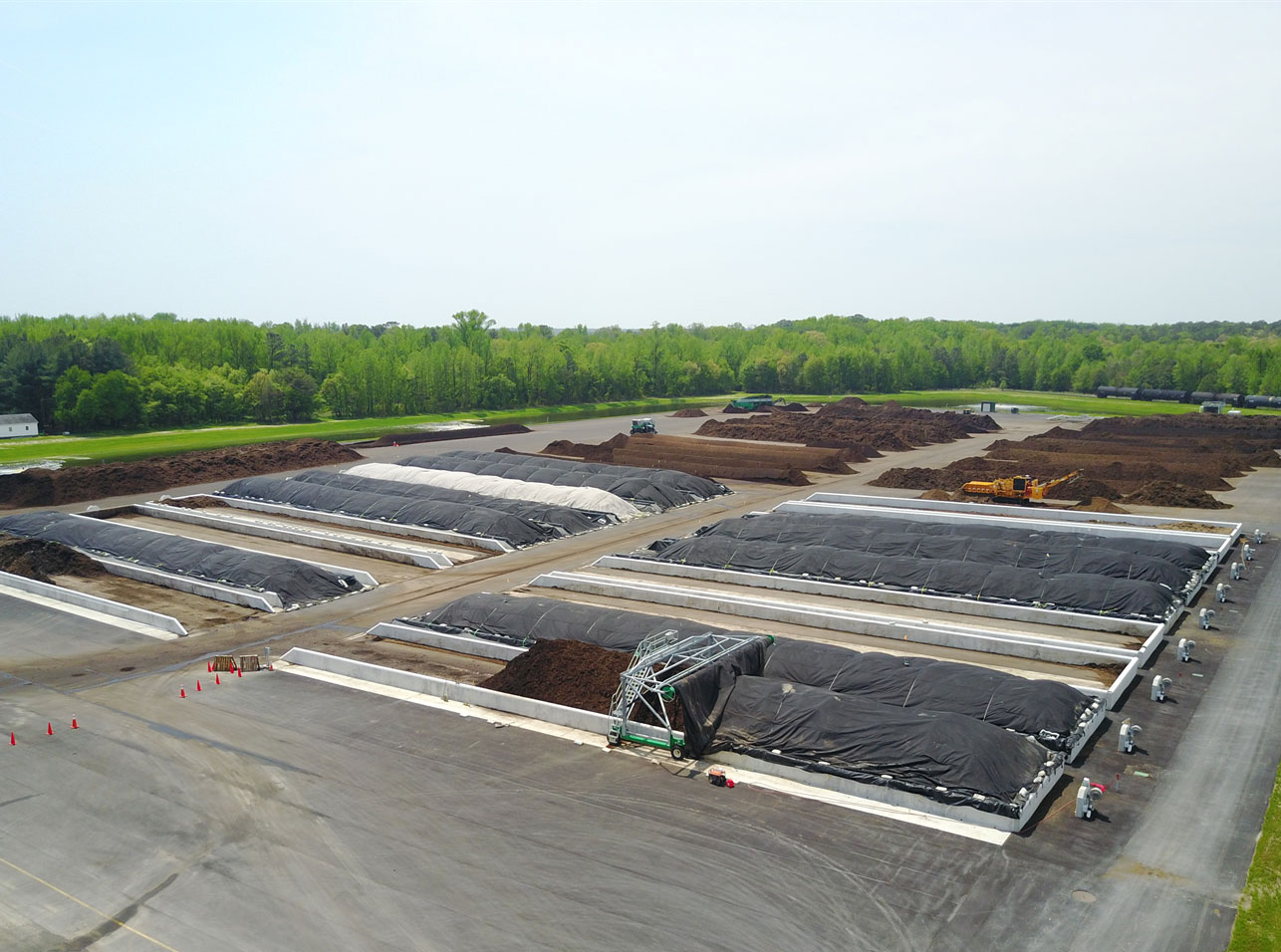It is the process of breaking down organic waste materials into a nutrient-rich soil amendment using microorganisms. This process can be done either aerobically or anaerobically. They are typically large-scale operations that accept a variety of organic waste streams from businesses and industries
The benefits of commercial composting include reducing the volume of organic waste going to landfills, diverting valuable resources from the waste stream, and producing a high-quality soil amendment. It can also create local jobs and support the growth of the green economy.

Image Source: Google
Commercial composting has a number of benefits, including reducing waste sent to landfill, reducing greenhouse gas emissions, and improving soil health. Here are some:
When organic waste is sent to landfill, it decomposes and emits greenhouse gasses, such as methane. Commercial composting facilities process organic waste in a controlled environment, which significantly reduces methane emissions.
In addition, commercial composting can improve soil health by adding important nutrients back into the soil. This can help to reduce the need for chemical fertilizers, which can be harmful to the environment.
It can help to create jobs in the green economy. Composting facilities require staff to operate and maintain them, which can provide employment opportunities in local communities.
Overall, Commercial composting can help reduce waste, improve soil health, and even save money on fertilizer costs.
